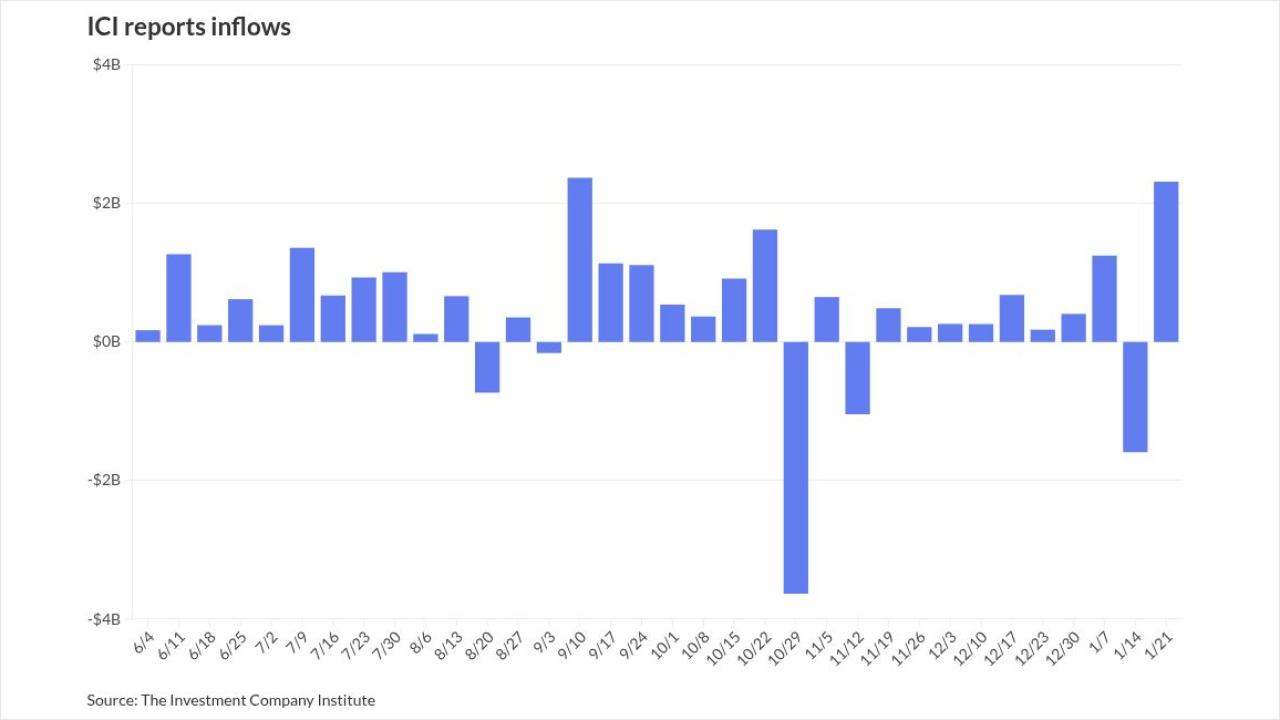CHICAGO - The Chicago Transit Authority's chief financial officer, Dennis Anosike, will leave his post at the end of the month after 12 years in which he shepherded the agency's return to the tax-exempt market and its efforts to shore up its operating budget and pension-related funds.
Anosike announced his departure in an e-mail that said he had decided to leave "after many challenging but productive years." He planned to take some time off and vacation with his family before starting a new position. He did not announce where he might land.
Sources said the CTA's leadership, including board chairman and public finance banker Carole Brown, sought to keep Anosike, but he had for some time "felt it was time to do something new." Anosike was asked to submit his resume to federal authorities. Brown's predecessor as board chairman was Valerie Jarrett, now a top adviser to President Obama, but sources said Anosike planned to remain in the Chicago area.
"Being the CFO for the CTA is a daunting job," Brown said. "It is not for the faint of heart. But Dennis often made it look easy. He is calm, focused, and works well under pressure. Most importantly, he was always able to develop solutions to even the most difficult problems. He was a tremendous asset to the CTA and will be greatly missed."
"He has always been a pleasure to work with, always professional, and cool-headed in a position that is sometimes very challenging," said Joseph Costello, chief financial officer of the Regional Transportation Authority of Illinois, which provides oversight of the CTA, Metra commuter rail, and Pace suburban bus service.
A native of Nigeria, Anosike, 49, began his public career with Chicago as a deputy budget director in 1989. He then managed the Police Department's finances. He was tapped to manage the CTA's finances by the agency's then-president David Mosena, a former chief of staff to Mayor Richard Daley.
The new management team was installed in the mid 1990s by Daley at a difficult time for the financially strapped agency when it implemented a series of belt-tightening measures that resulted in painful and controversial service cuts.
After years of being unable to enter the bond market on its own because of its budget struggles and poor image, the CTA re-emerged as an issuer in 2003 with its own capital grant-backed financing and a lease-backed issue through the city's building commission.
Anosike's tenure covered several turnovers in leadership at the agency. Frank Kruesi followed Mosena as president and then in 2007 Ron Huberman, who recently left to lead the Chicago Public Schools. Dorval Carter Jr. is now acting president of the CTA.
Aside from helping the CTA return to the market, the agency's nearly $2 billion taxable pension-related sale last summer marked a highlight of his tenure, he said in a past interview. The bond sale was part of state legislation passed early in 2008 that included a sales tax hike in the region.
The bond sale and the new sales tax revenue helped ease three of four significant financial burdens that threatened the CTA's long-term health: ongoing budget deficits, skyrocketing pension costs, and growing OPEB expenses.
The CTA does currently face a $214 million budget shortfall due to dwindling sales tax collections, but operating struggles are considered a more short-term problem as an improved economy would help cure them.
It is the severe drought in capital funding to pay for infrastructure improvements, and maintenance and expansion projects, that remains the CTA's most significant long-term burden.
"The real challenge is the capital needs of the region and the limited resources available to repair aging infrastructure so that CTA can meet the central role it plays in providing public transportation in the region," he said in an earlier interview.
Anosike had expressed hope that the new state legislative session, the city's bid for the 2016 summer Olympic Games, the federal stimulus, and upcoming highway reauthorization bill would help the system finance $2.4 billion of projects through 2012 and meet another $6 billion in unfunded needs.





